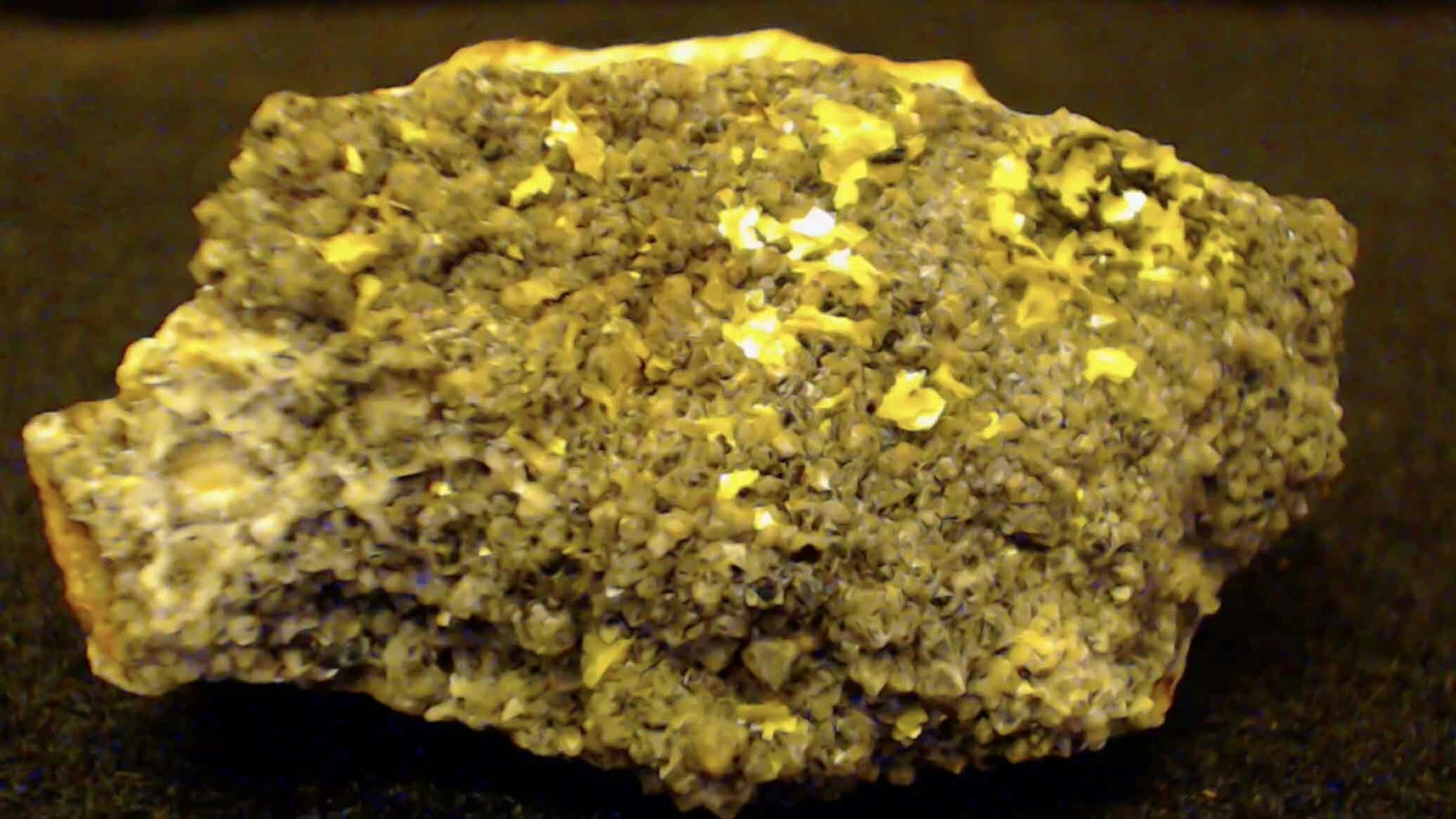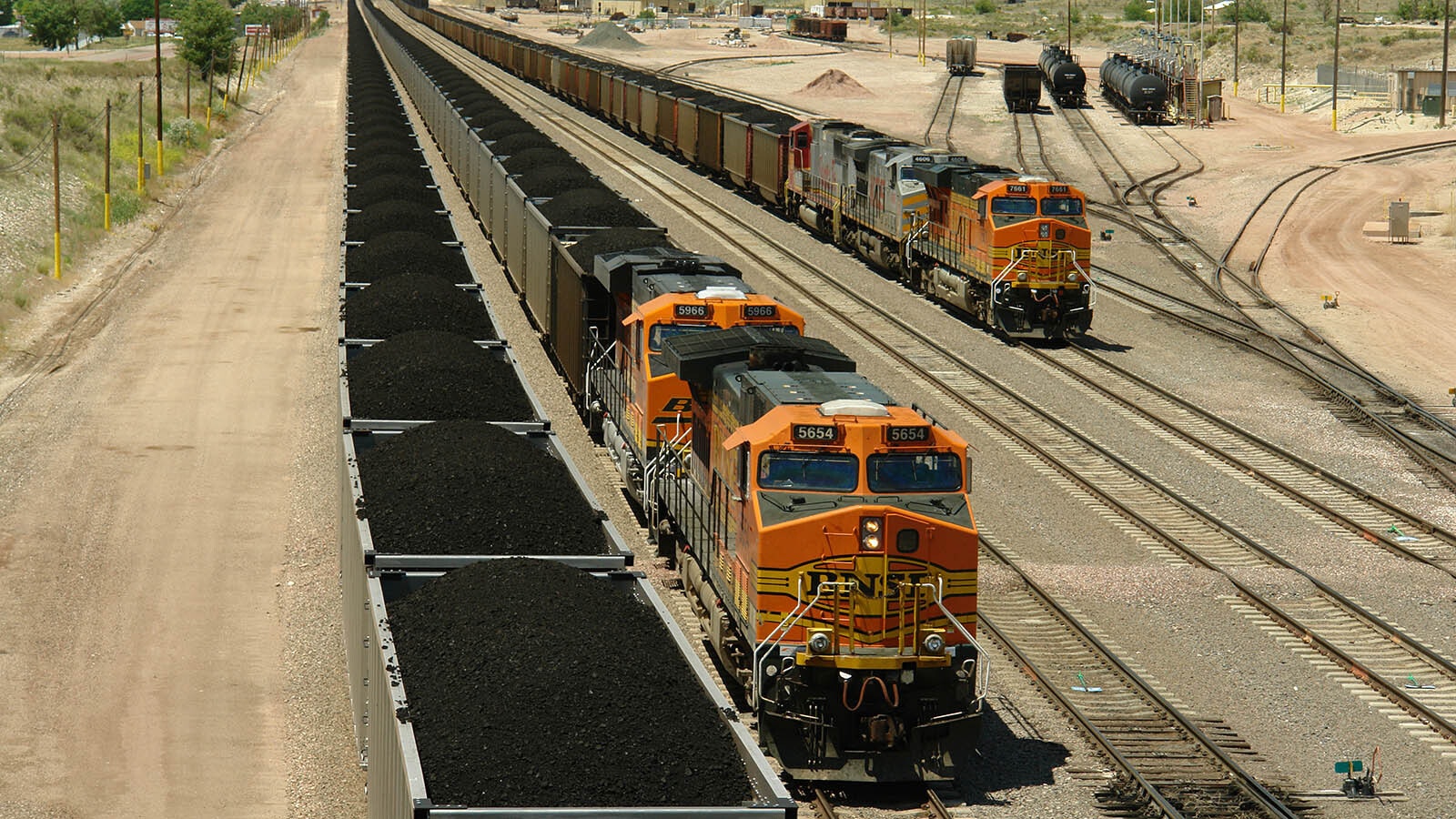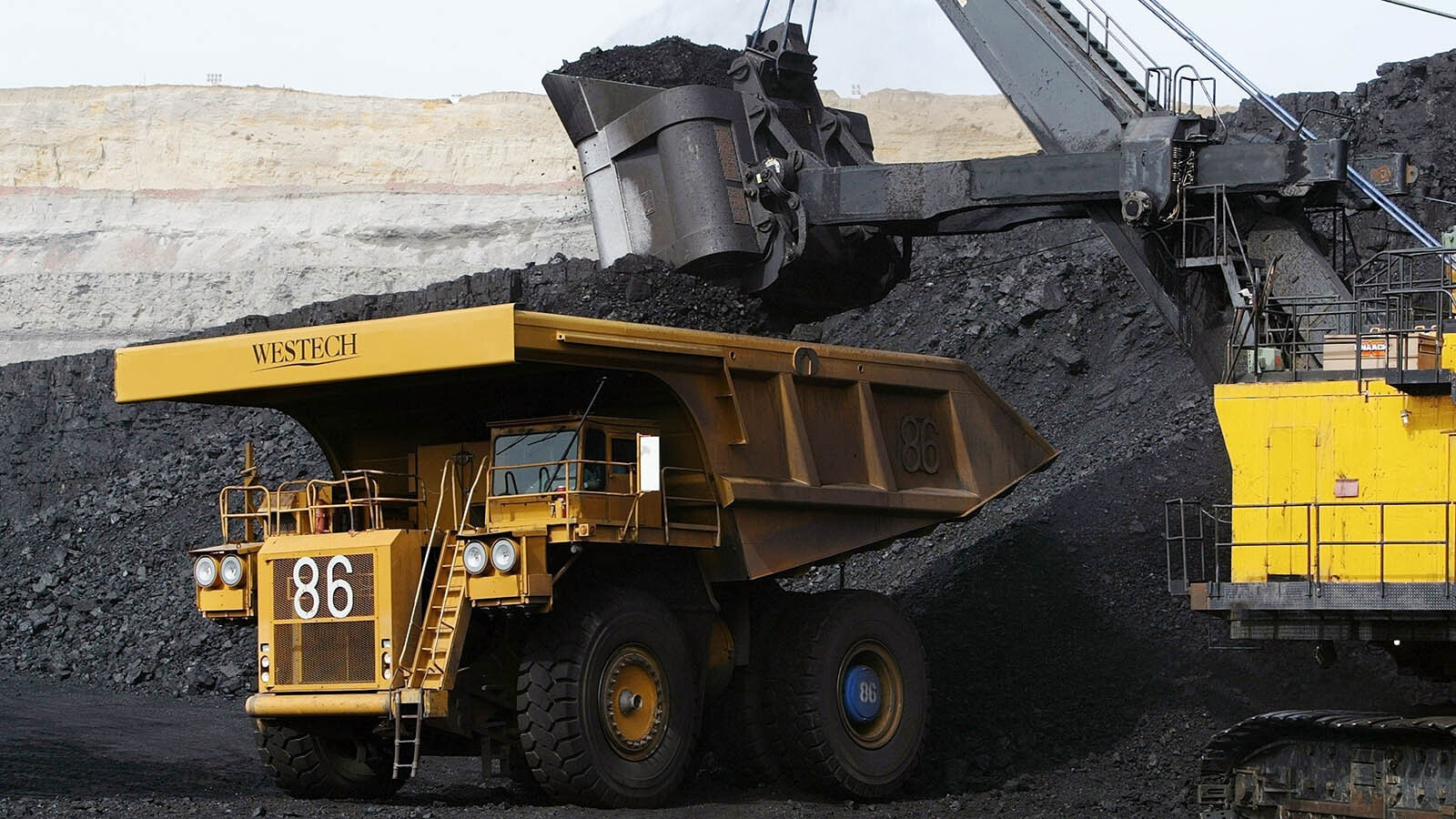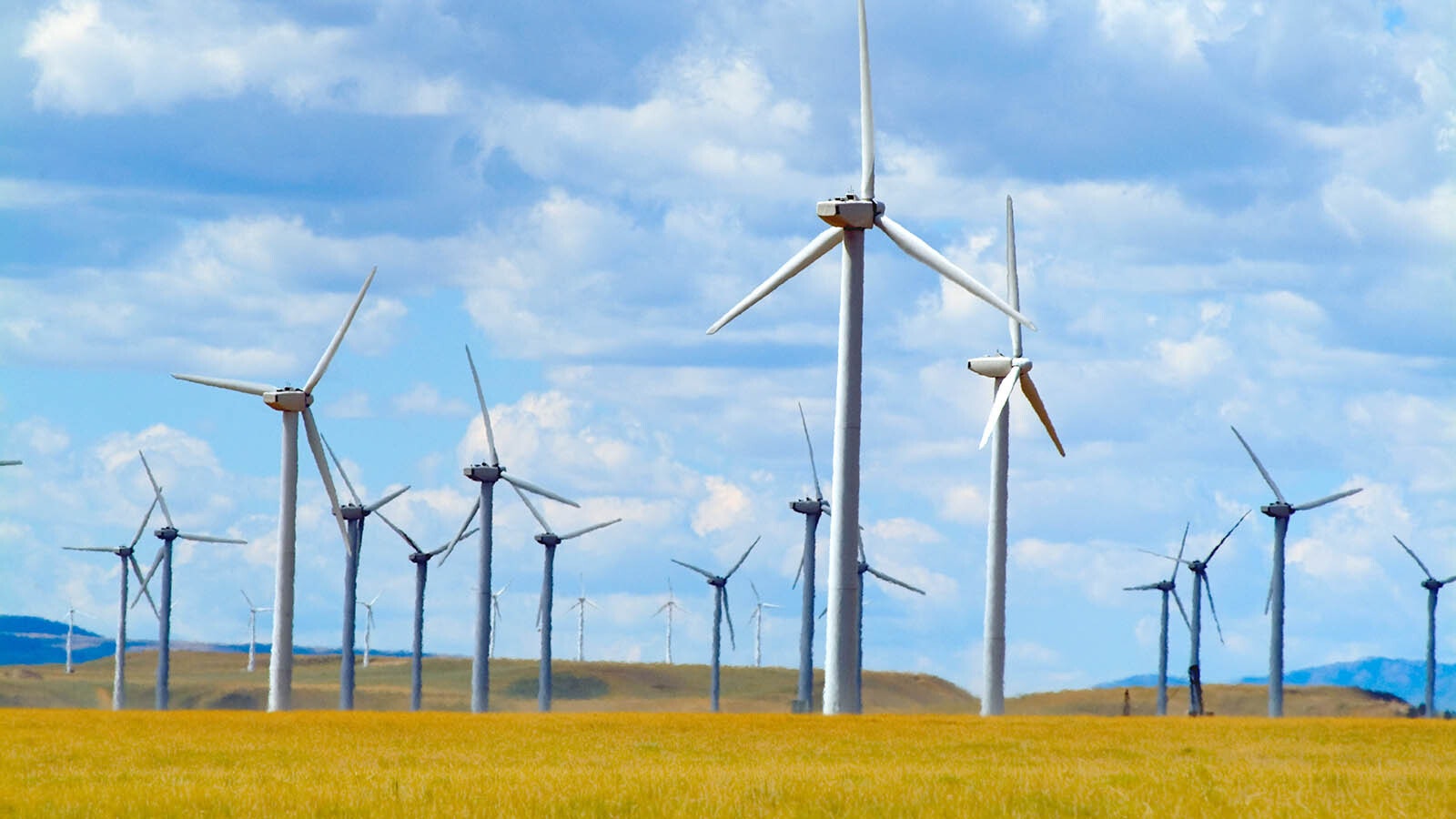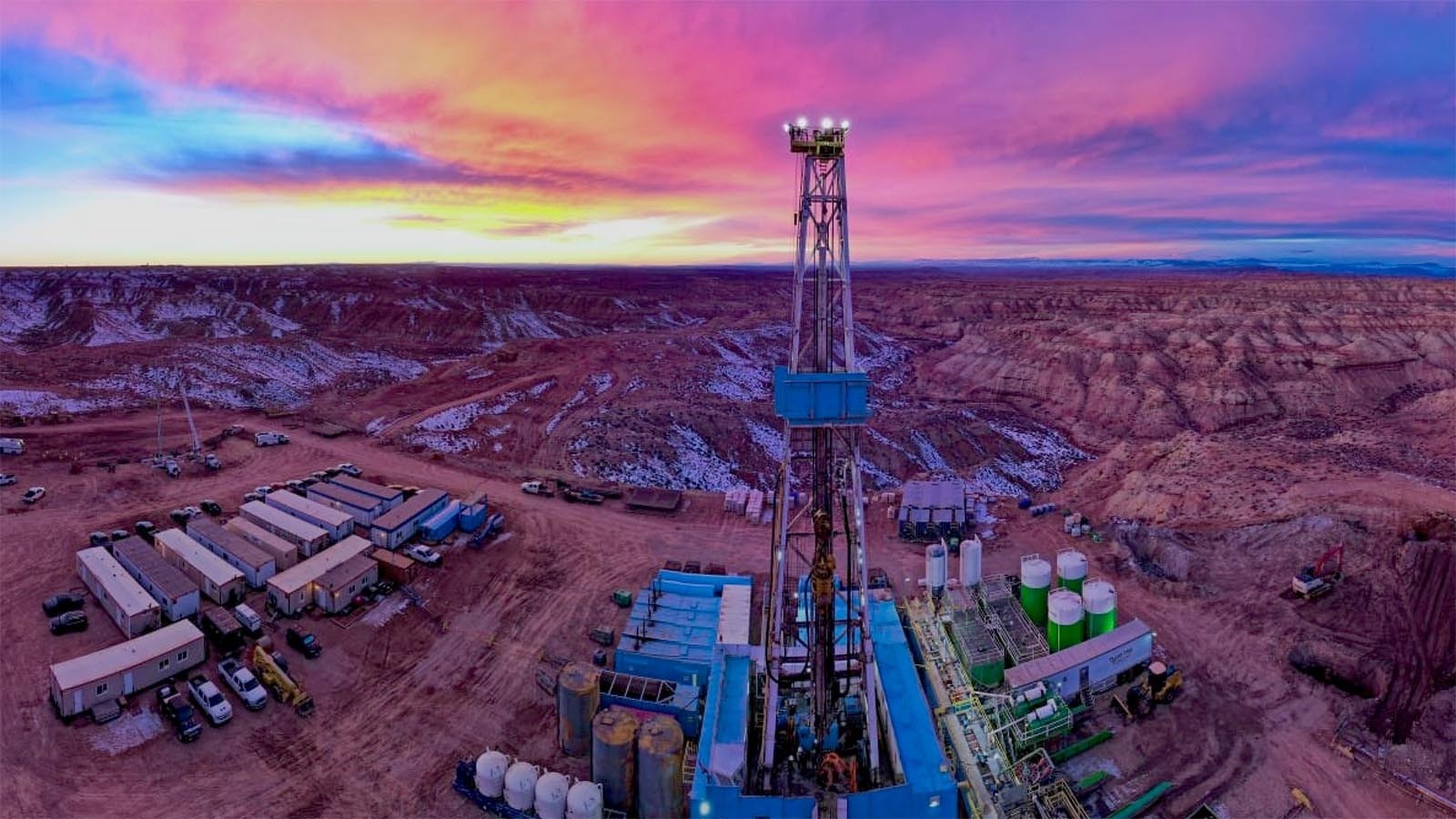A potential addition to President Donald Trump’s budget for the purchase of domestic uranium might not be enough to save Wyoming’s uranium mining operations, an industry leader said.
“The uranium market has been extremely depressed for a number of years,” said John Cash, Ur-Energy’s vice president of regulatory affairs. “So much so that is not profitable to sell into that market at this point.”
After speaking with White House adviser Larry Kudlow, Gov. Mark Gordon recently announced the president is slated to add $150 million to his budget for replenishing the nation’s military supply of uranium.
But Cash said even if the funds were approved, new uranium enrichment facilities would need to be built, which could take up to 10 years — precious time the industry might not have.
“The uranium industry is on its death bed,” said Cash, whose company operates a uranium mine in south-central Wyoming. “We’re already shutting down most everything. We can’t wait any longer.”
Domestic market
Wyoming leads the nation in uranium production with about 665,000 pounds produced in 2018, which was about 78 percent of America’s production, the Wyoming Mining Association (WMA) reported.
Unfortunately, Cash said that production was down to about 200,000 pounds in 2019.
“At one time, the U.S. produced 30 million pounds of uranium a year,” he said.
Humans have used uranium for centuries in products such as paint pigments, but today, most uranium is used to generate electricity at nuclear power plants.
Militaries use uranium to create high-density, armor-piercing projectiles, armor plating for tanks and to power naval vessels.
On the civilian side, uranium radioisotopes are used in smoke detectors and ballasts for yachts and airplanes, according to the WMA.
The U.S. is home to 98 nuclear power reactors and houses the world’s largest fleet of nuclear-powered naval vessels, but Cash said the nation doesn’t produce enough uranium to power even one nuclear reactor for more than a few months.
“America’s nuclear reactors consume about 50 million pounds of uranium each year,” he said. “Each one of those requires about 500,000 pounds of uranium a year to operate.”
Flooding the market
Uranium is most commonly sold as the compound U3O8 and fetches about $25 a pound on the global market, WMA Executive Director Travis Deti said.
“The problem is a pound costs about $35 to $45 to produce here in Wyoming,” Deti explained. “Countries like Russia, China and Kazakhstan have basically flooded the market with cheap uranium, because they don’t have the same regulations American companies do, and their operations are heavily subsidized by their governments. They’ve effectively driven the U.S. out of the domestic market.”
Further complicating the issue is the fact the uranium potentially purchased for military use by the U.S. if Trump’s budget addition is funded would need to be converted and enriched.
“It all starts off the same when we mine it and process it into yellowcake, or U3O8,” Cash said. “From there it has to be converted into UF6 uranium hexaflouride. The U.S. has only one conversion facility in Metropolis, Illinois. And that facility shut down in 2017.”
After conversion, the uranium is enriched to increase its concentration of the isotope uranium-235, needed to sustain a chain reaction.
The natural concentration of uranium-235 in ore is usually less than 1 percent.
For commercial nuclear reactors, the uranium-235 content needs to be about 4.5 percent, for military applications, it needs to be above 90 percent.
“We have no domestic enrichment facilities anymore,” Cash said. “At this point, we have no physical structure (in the U.S.) to enrich uranium for our military.”
One uranium enrichment facility does exist in New Mexico, but it is owned by foreign governments, which are legally prohibited from enriching uranium for U.S. military uses, Cash explained.
“The story is there is effectively no uranium mining in the U.S. — the numbers in 2020 will be near zero — our one conversion plant is shut down and we have no enrichment facilities at all,” he said. “Our ability to supply our military or nuclear power plant fleet domestically is gone.”
Congressional efforts
In 2018, Ur-Energy and Energy Fuels, another uranium producer, asked the U.S. Commerce Department to investigate the effects of foreign-owned firms’ uranium imports on America’s national security.
In support of the request, U.S. Sen. John Barrasso led congressional efforts to press for the investigation, a spokesman for a Senate committee said in an email.
When the Commerce Department determined the imports did pose a threat to national security, President Trump created the Nuclear Fuel Working Group to look into uranium producers and the nuclear energy industry.
Serving as chairman of the U.S. Senate Environment and Public Works (EPW) Committee, Barrasso was among several Republican senators who sent a letter to Kudlow calling for the Nuclear Fuel Working Group to help America’s uranium producers, EPW Communications Director Mike Danylak wrote.
“Barrasso has been personally engaged with the White House throughout the Nuclear Fuel Working Group’s process to highlight the important role uranium mining plays in Wyoming,” Danylak said. “Maintaining a vibrant American uranium industry is a critical economic issue in Wyoming and a vital national and energy security issue for our entire country.”
With help from Barrasso and the Trump administration, uranium could make a comeback, but Cash said the industry will need time.
“At $150 million a year, that could support about 2.5 million pounds of uranium production annually,” he said. “It’s likely Wyoming mines would get a pretty good percentage of that.”
But with no conversion or enrichment facilities available, the U.S. would need to purchase and store the uranium.
“I think what would happen is the conversion facility would be incentivized to open back up and convert the uranium, so it could be stored,” Cash speculated. “And it would need to be stored until an enrichment facility could be built.”
Without the revenue from annual purchases, Cash said the U.S. uranium industry would collapse before an enrichment facility could be built.
Deti said the president’s budget addition could revive Wyoming’s uranium operations, but nothing is set in stone.
“We haven’t passed a budget in this country for years,” he explained. “Where the rubber hits the road is whether Congress authorizes and appropriates the money. It’s a good step in the right direction, but we’ll have to see if Congress follows up.”

